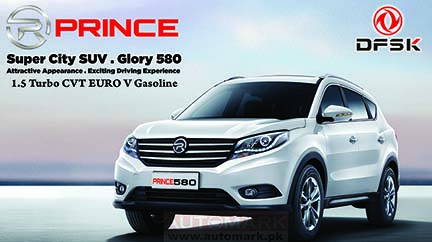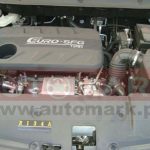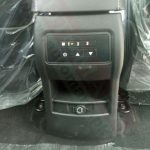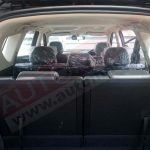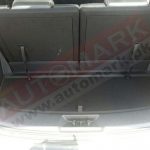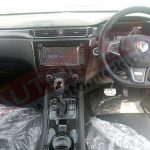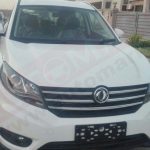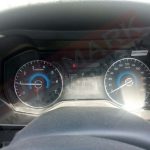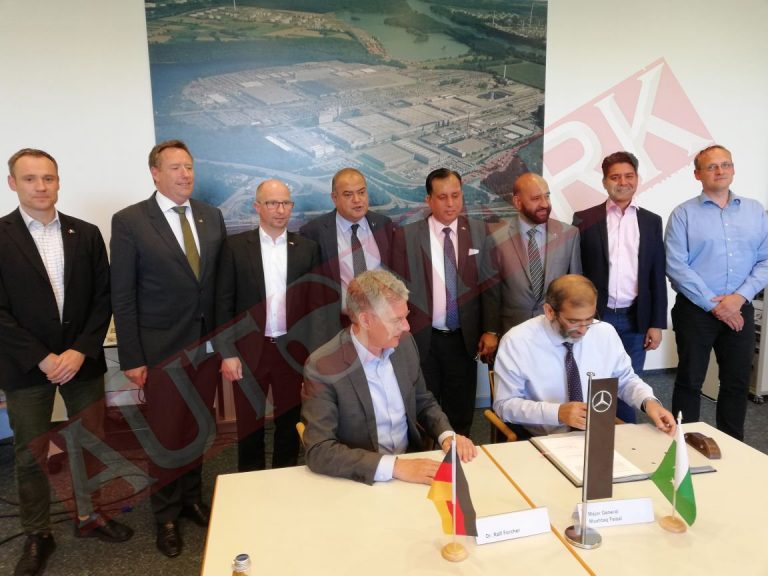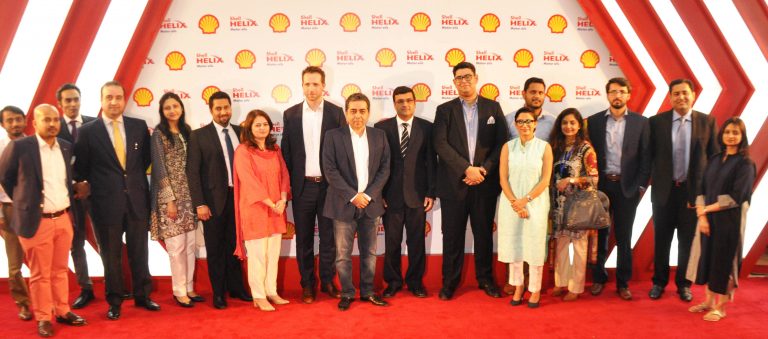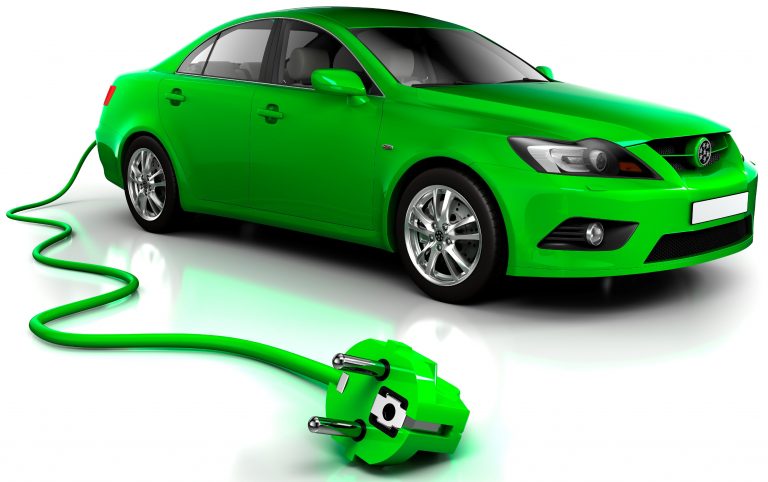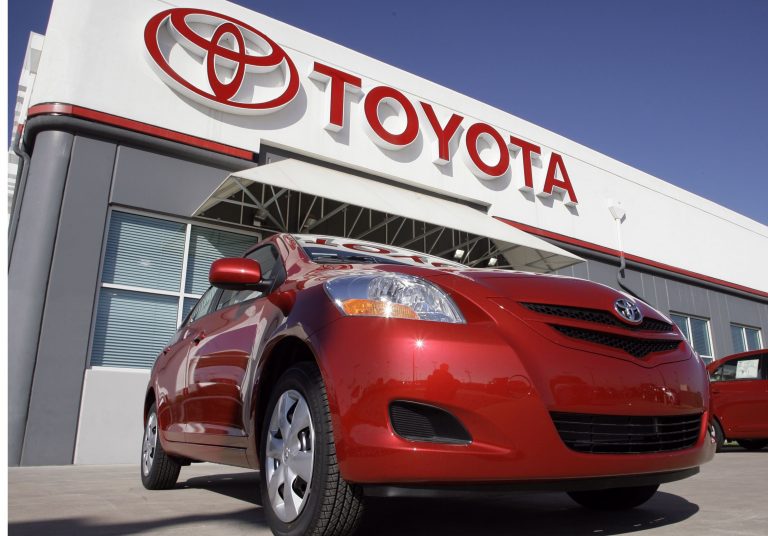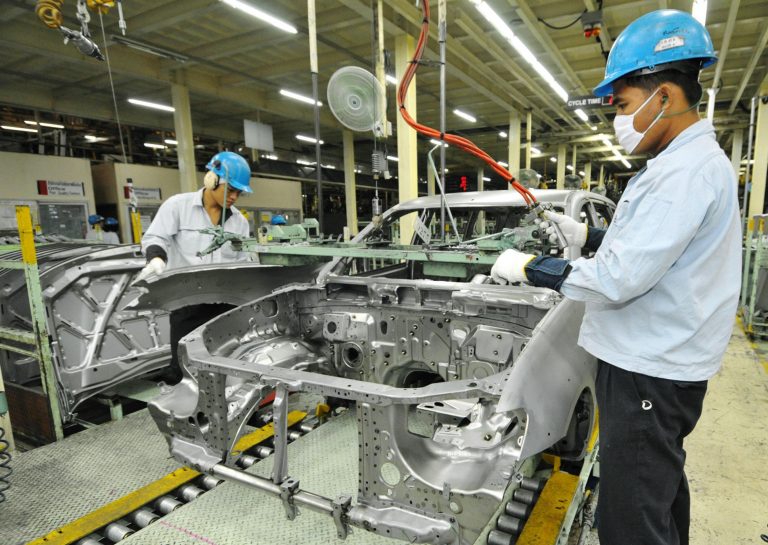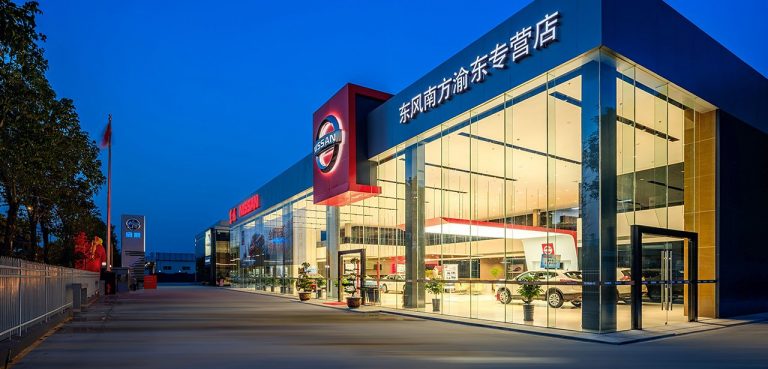To come out this turmoil, the government must reduce customs duties on import of Chinese goods on maximum items to over 7,000 tariff lines especially spare parts for the assembly of motorcycles, cars, commercial vehicles and all electrical and electronic goods.
Current scenario of trade in Pakistan does not favor small and medium industries especially Chinese based manufacturing and assembling in automobiles and electronics sectors.
Around nine per cent devaluation of the rupee against the dollar in the last four months, finalization of import/export data exchange with Chinese and Pakistani governments and country political environment may shake up positive economic indicators.
When one dollar was equal to Rs 60 the trade and industry people were involved in misdeclaration and under invoicing in exports and imports. At that time tax rates were same as compared to current rates of taxation.
To come out this turmoil, the government must reduce customs duties on import of Chinese goods on maximum items to over 7,000 tariff lines especially spare parts for the assembly of motorcycles, cars, commercial vehicles and all electrical and electronic goods.
“This is the only solution which can bring out country out any financial crisis”, said Mohammad Sabir Sheikh, Chairman Pakistan Tajir Itehad and Association of Pakistan Motorcycle Assemblers (APMA).
He said the losing value of the rupee against the greenback is increasing production cost of local industries besides triggering increase in petroleum prices, raw material prices of auto sector, electrical and electronics and raising transportation cost.
Market is abuzz with rumors that the caretaker government would further devalue the rupee value before taking of power by the new government, he said.
Sources said the government, which is on verge of completing its five years term, is not ready to take responsibility for depreciating the rupee value. However, the government had already done devaluation in the last four months to improve exports especially of textiles goods.
Sabir said Pakistan produces 2.5 million bikes annually in which two million units are 70cc bikes. Of total 70cc bikes some 1.4 million units belong to Chinese based assemblers while Honda assembles 600,000 units of 70cc bikes.
He said rupee-dollar parity does not favor Chinese based assemblers who are already facing stiff competition. Only Honda can survive in this scenario because of its good brand image, higher volumes and no change in price of CD-70cc in the last four years.
However, any change in the policy, customs issues or rupee dollar parity make a big impact on Chinese bike assemblers while Honda survives the scare easily.
A real challenge for Chinese based bike assemblers is coming up as Pakistan and China are all set to launch online trade verification from April 2018 to authenticate the volume of import and exports of both the countries.
China is reported to have agreed to provide online certificate of origin to all its exports for Pakistan.
The working for data verification between the two countries was started couple of years back in order to streamline the trade between the two countries. In this regard, both the countries under free trade agreement (FTA) have agreed to develop electronic data interchange.
Pakistan Customs was ready to roll out electronic payment solution from December 31, 2017. The e-payment system had been developed with the help of State Bank of Pakistan (SBP) and 1Link – payment solution provider.
Under the e-payment system importers would be able to make payments related to goods declarations (GDs) online and through ATMs. Usually banks have restricted amount transaction limit through ATM. However, there will be no limit of payment through ATMs for consignment clearance.
The government has also been working on various modules to comply with trade facilitation agreement (TFA) under World Trade Organization (WTO). Prime Minister has approved single window operation for trade clearance. A team had been constituted at the Federal Board of Revenue (FBR), which would complete the task in three years.
The single window programme would facilitate the trade as importer would have to file a single page document and all the relevant departments would submit their certificates / verifications of their own under this programme.
Currently the WeBOC system – online clearance system developed by Pakistan Customs – allowed 50 per cent import consignments for clearance through green channel. This will be increased to bring it at international standard of 90 percent.
During the past ten years the customs clearance system witnessed massive changes.
The automated system is facilitating the trade and it reduced the time for clearance.
The Online Verification of Goods would start in Pakistan and China from April 30. Traders from both the countries are advised to provide accurate packing lists of their goods to concerned authorities.
It has been further clarified that prices will be subjected to change according to changes in sales tax and customs tariff. Any extra charges imposed by custom will be paid by the customer.
Last year Pakistan had suggested this measure change through various high level meetings with Chinese authorities to end over-invoicing and under-invoicing menace by the traders in Pakistan, due to which actual amounts of import-export were difficult to assess by the authorities.
Pakistan will able to check misuse of Free Trade Agreement (FTA) with China from April 18 as Chinese Customs has agreed to provide certificate of origin on real-time basis. Certificate of origin would authenticate the exports from China to Pakistan. There is huge gap between figures in imported goods from China reported by Pakistan Customs and goods exported by Chinese Customs.
The goods imported from China are under invoiced or mis-declared to the tune of three billion dollars.
The Commerce Division has announced to sign a revised Free Trade Agreement (FTA) with China next month. Out of the total 7,120 tariff lines, the Commerce Division held out an assurance to China to reduce duties to zero per cent on 6,000 tariff lines while protection will be provided only to the remaining 1,120 tariff lines, mostly textile products.
The duties will be brought down to zero in a period of 15 years in three phases. One-third of these tariff lines will be removed immediately; half of the remaining will be exempted from duties in the next five to seven years while the rest will be eliminated within 15 years.
However, the Federal Board of Revenue (FBR) fears that the proposed massive tax exemptions will cause considerable revenue loss for the country and has estimated a revenue loss of around Rs100 billion per annum in case the second phase of the FTA is implemented.
A summary has been already sent to Prime Minister Shahid Khaqan Abbasi to apprise him over the move of the Commerce Division allowing 75 per cent tariff lines on zero duty to China under the second phase of FTA. The premier has directed the Commerce Division to consult all associations over the proposed move.
Pakistan has already lost Rs 32 billion revenue because of exemptions under the first phase of FTA in 2016-17.
The issue is not only related to revenue loss but also about adequate protection to the local industries. Small industries cannot compete with the mighty manufacturers in China. The proposed move will complete wipe out the small industries in the country. As a result of the first phase of FTA, Pakistan’s exports stood at $1.5 billion in 2016-17, while imports from China surged to $15 billion.
These massive imports are the outcome of zero duty on 35 per cent of total tariff lines. The impact in terms of imports and revenue loss will be much higher in case the exemption limit reached 75 per cent.
Pakistan had imposed regulatory duties on certain tariff lines to protect local industry. There is no compulsion to go for the second phase as Pakistan has no export surplus.
FPCCI on FTA II
On 15th March 2018, a meeting was held in Ministry of Commerce – Islamabad, in presence of Dr. Miftah Ismail (Advisor to PM on Finance, Revenue and Economic Affairs) and Secretary Commerce Younus Dagha, wherein presentation was made to the private sector led by Mr. Ghazanfar Bilour President FPCCI, Amir Waheed, President of Islamabad Chamber of Commerce and Industry, ZahidLatif Khan, President Rawalpindi Chamber of Commerce and Industry and others.
It was informed that Pakistan will reduce Customs Duty to Zero per cent on 70 per cent tariff lines and China will do the same for Pakistani goods.
FPCCI President and others demanded to place 70 per cent tariff lines on website for study of all stakeholders, which was denied by Commerce Secretary. He offered to have another meeting in next 10 days with the stakeholders where they can give the details of tariff lines to concerned sectors.
FPCCI is concerned that FTA Part-1 resulted in favour of China, where their exports to Pakistan are more than $15 billion and Pakistani exports to China stand around $1.5 billion in last year.
Syed Mazhar Ali Nasir, Senior Vice President of FPCCI feels that 2nd round of FTA will give more advantage to Chinese exporters and resulting further closure of Pakistani industries and also significant increase in joblessness.
Mazhar proposes that FTA imports be related to Pakistani exports and China must meet 25 per cent imports from Pakistan against their export value to our country, i.e. If China exports touch $20 billion, they must import $5 billion goods from Pakistan. Otherwise there is no benefit to the Pakistani economy with the current FTA or 2nd round of FTA.
While negotiating 2nd round of FTA, Pakistani existing industries must be protected as well as market gap for new potential local industry.
We have high respect for China-Pakistan friendship, but we must protect the economical interest of Pakistan. If 2nd round of FTA is implemented in present manner, our import dependence will increase to 40-50 per cent from China in next five years.
It is also suggested that finalization of 2nd round FTA be postponed till after elections.
Rupee-Dollar Parity
The value of the US dollar hit a high of Rs115.50 on March 20, 2018 in interbank trading, with currency dealers suspecting the government’s commitments to foreign monetary bodies being the cause behind the sudden rise. The value of greenback also rose by Rs5.40 in the open market.
The State Bank of Pakistan (SBP) held rising demand for dollars responsible for the rise in the USD, adding that it is closely monitoring the situation, but forex dealers seemed reluctant to accept this line of reasoning.
Foreign loans, the government’s unannounced commitments to international bodies and corruption are responsible for the lower value of the rupee.
Given that Pakistan is set to be placed on the Financial Action Task Force’s grey list in June, it is not the right time to devalue the rupee, some currency dealers believed.
Where Pak rupee devaluation against the dollar may improve revenues of Power and Oil and Gas Exploration companies, those companies which substitute imports may get benefit. However, we believe that export oriented companies will be a major beneficiary, especially textile firms. With 9 per cent Pak rupee devaluation in last 4 months and rebate of 3-7 per cent on textile exports, their revenue may significantly improve, an analyst at Sherman Securities said.
This exclusive article published in Automark magazine’s April-2018 printed edition
